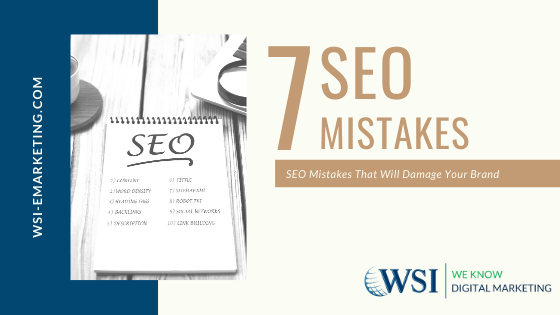
Millions of websites from small, medium and large businesses around the world are vying for a top spot on Google search results pages. However, achieving a high ranking can be challenging as several SEO mistakes can seriously damage your marketing efforts.
Google is laser-focused on providing quality results to its users by only showing the best, and most relevant results based on a user’s search query. For that reason, it’s important to follow SEO best practices and not to make SEO mistakes that could be costly to your brand.
SEO Mistakes That Will Damage Your Brand
Search Engine Optimisation to rank higher on Google SERPs is a far cry from what it was just a year ago. They keep changing and updating their algorithms to keep black hatters at bay while making it fair game for all those who follow the rules. Here are just SEVEN of the many basic SEO mistakes you need to avoid.
1. Using the Wrong Keywords
SEO is all about the keywords that you want your website to rank for but it’s vital to choose the right ones. Not to mention using it correctly and not resorting to keyword stuffing as this will negatively impact your brand online.
One of the most common SEO mistakes is neglecting the preferences of search engines and long-tail keywords. The way you explain your products and services might make sense to you but it could be completely different to what your potential customers use in their search queries. By ignoring this, you are optimising for all the wrong keywords.
It’s best to do comprehensive background research before you start optimising. Some of the popular tools that can help include Google Ads Keyword Planner, Google Trends, SEMrush and Moz Keyword Explorer.
2. Creating Content Not Relevant To Your Keywords
Producing content that is not focused around your keywords is another on the long list of SEO mistakes. Brands want to rank for a certain keyword but forget to focus the text on that specific topic. Google and other search engines want to serve their users with the most relevant content based on what they searched for. As a result, if your content doesn’t answer a user’s needs, it won’t have a good ranking.
This mistake often happens when you try to squeeze in a few different topics within one piece of content. The result is low-quality work for the sake of including specific keywords. Your primary goal should be to create content that will match the questions and needs of your target audience. By doing this, search engines will see that your content matches the keyword you are optimising for.

3. Not Doing Proper Link Building
Unnatural link building is a big NO-NO as Google started cracking down against this a few years ago. People are forever trying to find a way around it but Google’s algorithm keeps updating to make sure they don’t.
To that end, backlinks are no longer the most powerful ranking factor, even if you have guest posts. Did you know that Google can actually identify whether or not the links were paid for by studying certain patterns? For link building to be successful in 2020, forget everything you think you know and start learning how to do link outreach. This will help you create backlinks that matter to Google and users.
4. Neglecting User Experience
Google didn’t become the global conglomerate it is today by providing poor service. Fact is, they’ve been successful because they provide the best possible service to all its users. Other search engines like Yahoo and Bing don’t even come close to Google’s market share in nearly all aspects.
If users are unhappy, they will leave and Google will lose a lot of business which is why they pay such close attention to user experience (UX). They introduced a core update in May targeting sites that didn’t offer good user experience and the update in 2021 will also reportedly focus on user experience.
5. Failing To Design Schema Markups
More search queries now involve voice search and a detailed query, or long-tail keywords. These queries describe the solution the user is looking for in more detail. Remember, Google doesn’t only show pages but they also look for the answer on the page and highlights it. These pages are also used in featured results at position 0.
You can also rank higher by adding a schema markup on your website. Take a look at this compelling article from Neil Patel explaining what it is and how to do it yourself.
6. Not Using The Right Visual Content
Marketers should know by now that graphics are essential for any article to rank anywhere. However, many people have started using decorative images with little to no value because Google can’t see the image content. These will effectively block the user’s view of the content which can also affect your website’s ranking.
Start thinking outside the box and be creative in your content marketing strategy. Before anyone can find you online, you must have quality content to attract the right people. Depending on where they are in the buying cycle, make sure your content speaks to a wider audience. Common types of content to include are e-books, podcasts and videos but particularly infographics.
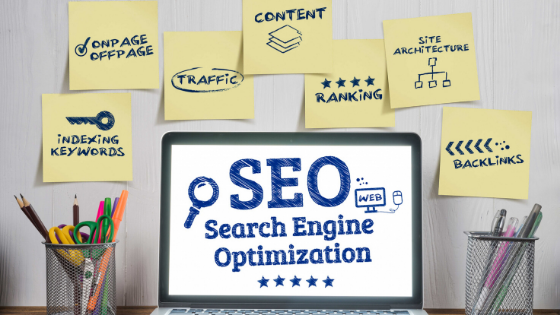
7. Missing Meta Description And Tags
Meta titles, descriptions and tags have a significant impact on your search engine optimisation efforts. Search engines use the Meta title and description in the results pages which act as organic ad text. This can help boost traffic and click-through rates of your website’s organic search results.
Google typically uses blog post headlines and some of your text in search results. This means if you don’t personalise your Meta title and description, your headlines may become truncated with long descriptions. Each page, post or product on your website should have unique descriptions limited to 140-150 characters.
Header tags (H1) may no longer be a major ranking factor but they still play an important role. Add your primary keyword to at least 25% of your headings and remember to use proper formatting. This includes header tags, image ALT tags, BOLD, Italics and also shorter paragraphs of 20 words or less.
SEO Mistakes Conclusion
While there are several SEO mistakes we didn’t cover, these seven are among the most common. SEO is about being found online by improving the overall readability and user experience using the right keywords and type of content.
This can make all the difference when trying to put your brand in front of the right people. How people (and search engines) see your online content will affect search results so be sure to do it right.
For expert digital marketing advice or services, partner with WSI eMarketing. We specialise in content marketing, SEO, PPC, social media, email and marketing automation and can help you avoid making these costly SEO mistakes. Visit our website or call us on 01453 542761 for more information or to request a free consultation.
Recent Posts
Popular Posts
About us and this blog
We are a digital marketing company with a focus on helping our customers achieve great results across several key areas.
Request a free quote
We offer professional SEO services that help websites increase their organic search score drastically in order to compete for the highest rankings even when it comes to highly competitive keywords.
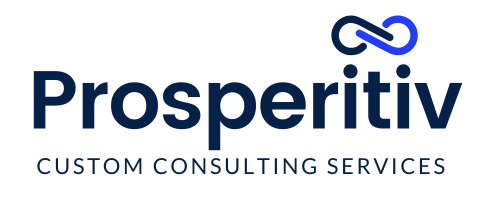

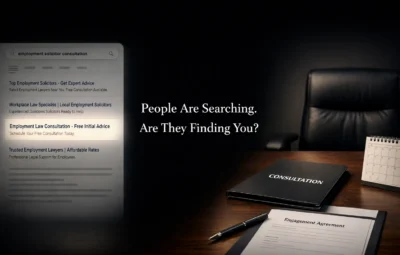




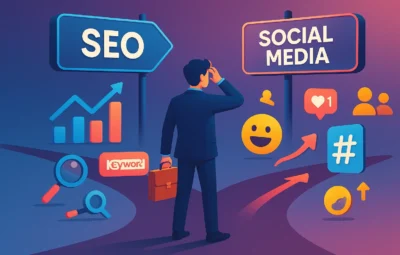
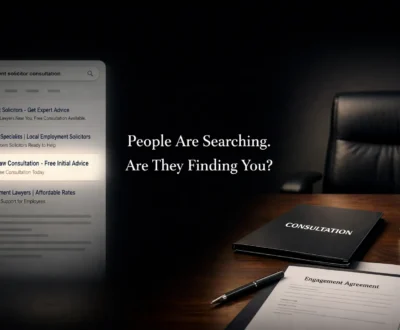





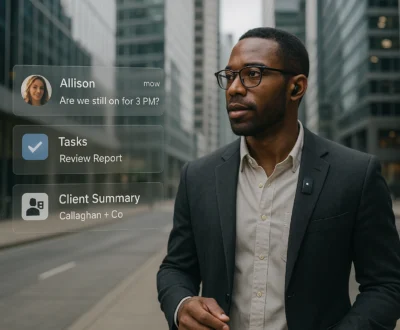
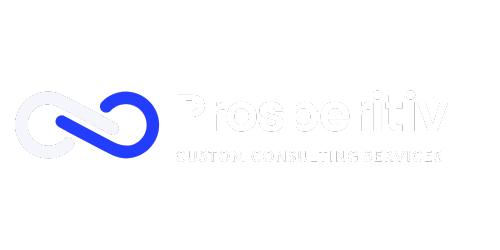
Pingback: Should I Use Pillar Pages In My Content Marketing Plan? - WSI-eMarketing Blog